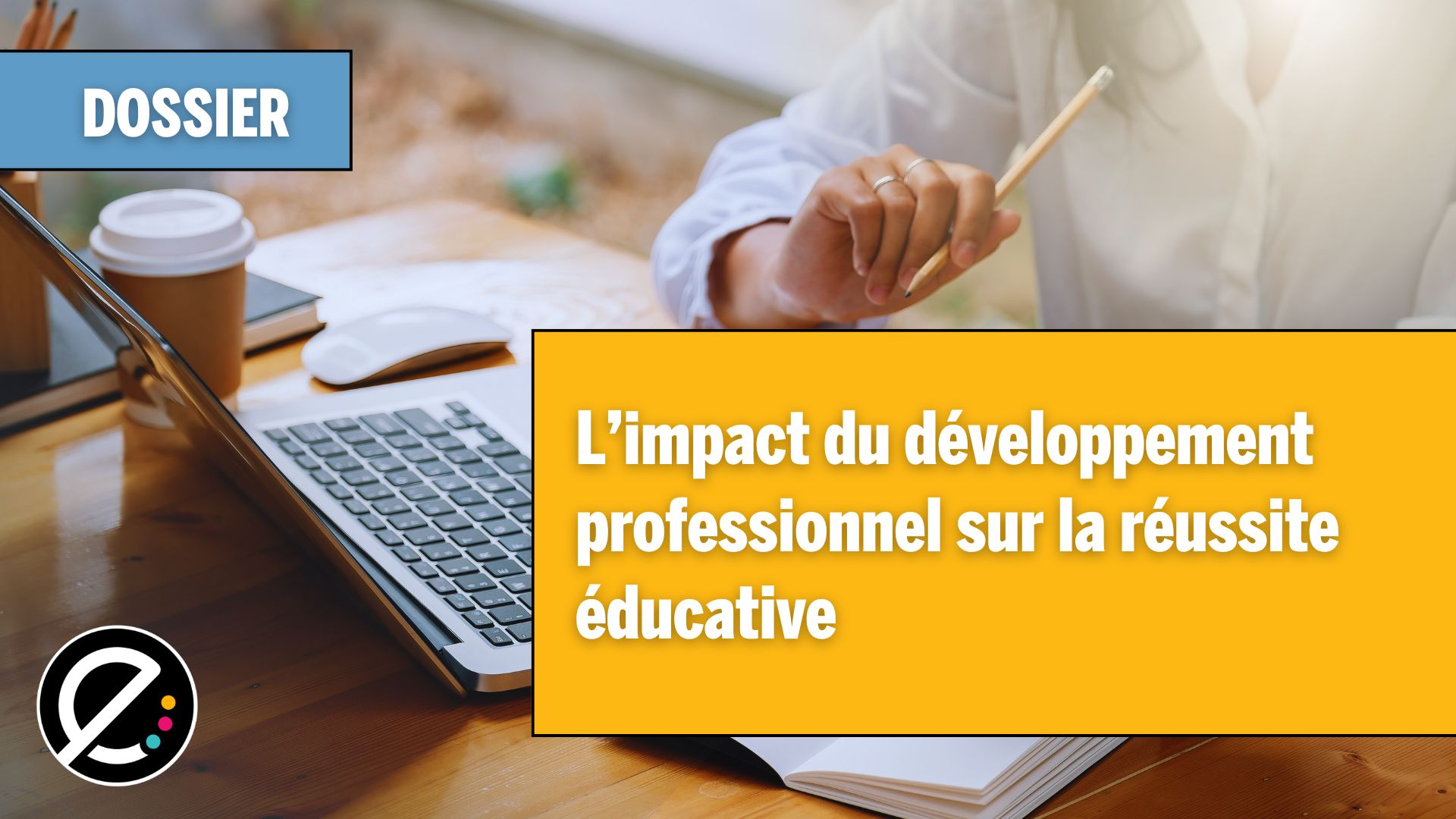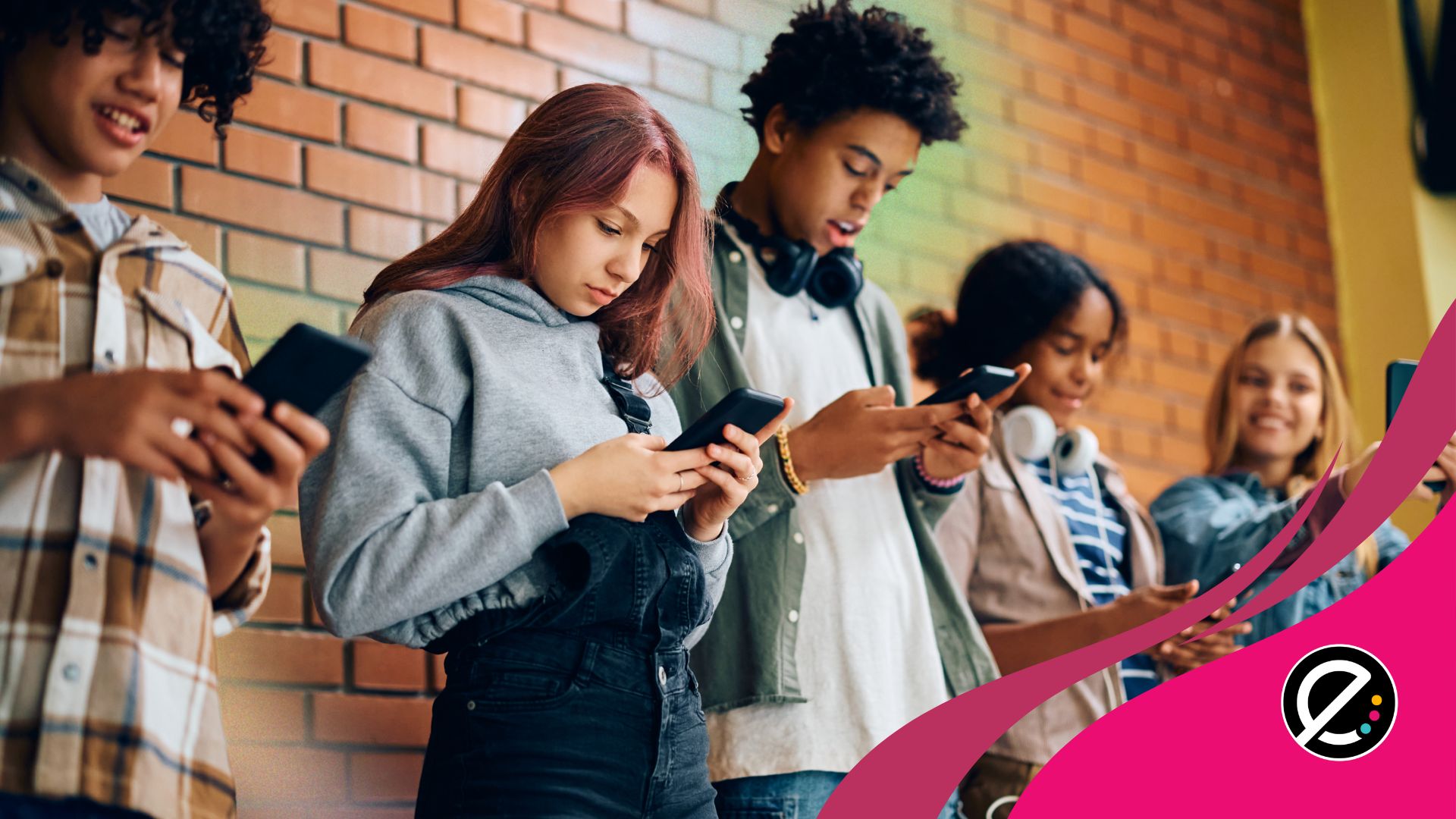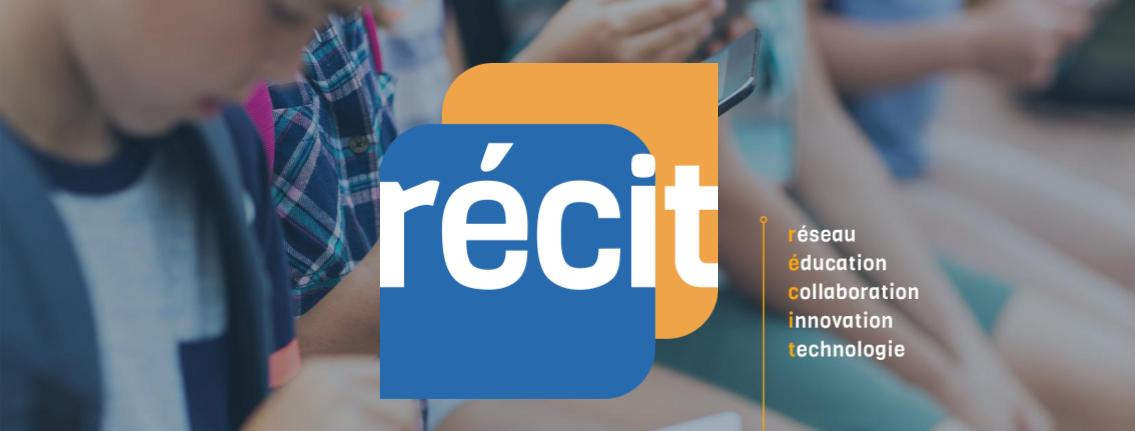Si l’école n’arrive pas à intégrer les technologies de l’information et de la communication (TIC), ces dernières sauront intégrer l’éducation, estime François Guité, enseignant d’anglais au secondaire. Il connaît bien les médias sociaux : blogue, Twitter, Facebook, ressources pédagogiques en ligne, il est présent sur la toile depuis de nombreuses années. Il a récemment partagé son expérience dans le cadre des activités du Consortium régional de recherche en éducation (CRRE).
Après deux ans d’absence, François Guité est de retour dans sa classe. Il a été frappé de constater que plus de la moitié de ses étudiants ont désormais des appareils mobiles (téléphones intelligents, iPod) et que la quasi-totalité d’entre eux ont un profil Facebook. Selon lui, les enseignants doivent donc se débarrasser de leurs vieux comportements et adapter leurs idées au contexte numérique.
Toutefois, le conférencier ne donne pas d’exemples d’activités à réaliser en classe. Il préfère « susciter la réflexion plutôt que de donner des recettes qui vieillissent mal et qui ne sont pas adaptées à la personnalité des enseignants. » Il les invite plutôt les néophytes à se créer un compte Twitter ou Facebook et à chercher des ressources sur le web. Créer, publier et partager de l’information est à la portée de tous.
François Guité estime que les enseignants doivent utiliser les réseaux sociaux parce qu’ils y sont déjà de toute façon : les jeunes parlent de l’école sur Facebook. L’école doit donc penser à son identité virtuelle avant que d’autres ne le fassent pour elle. Les réseaux sociaux permettent aussi de développer de nouvelles compétences professionnelles plus en lien avec les stratégies d’apprentissage des jeunes.
Les jeunes nés avec une souris dans les mains n’ont pas le même rapport avec la technologie que ceux qui les ont précédés. Ils sont mieux outillés et plus mobiles. Ils s’informent le moment venu, puisque l’information est toujours disponible et contrôlent leur monde virtuel en personnalisant leurs outils. Ils ont une vision très large de la propriété intellectuelle et sont habitués à la gratuité sur le web. Ils socialisent autrement et exposent leur identité numérique. Bref, ils créent et ils partagent.
Alors que les enseignants donnaient traditionnellement la théorie en classe et la pratique à la maison, François Guité croit qu’il faut aujourd’hui inverser les façons de faire. « Je mets toute l’information que je donne en classe sur mon blogue pour que les élèves puissent aller la chercher en devoir. En classe, on se met en projet, en action. »
Selon le conférencier, c’est donc une erreur de bannir les réseaux sociaux et les mobiles des écoles. Il s’agit pour lui d’une « solution paresseuse ». « L’interdit est un aveu d’échec, la preuve qu’on ne sait pas comment les utiliser. »
À lire aussi :
Technos de plus en plus jeunes
Médias sociaux : guide et formation pour les élèves et leurs parents
Portrait d’une réalité qu’on ne peut plus ignorer : les devoirs technos





